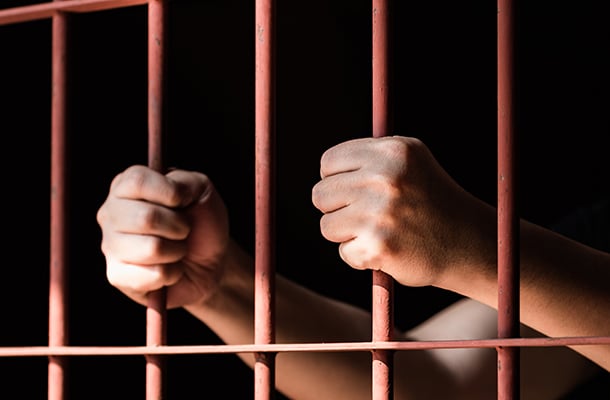
It’s been a whirlwind week for the SCOTUSblog co-founder: arrested on Monday, banished to federal lockup on Tuesday, and now free on Thursday.
Goldstein, the Supreme Court litigator charged with a number of tax and fraud claims stemming from an alleged second life as a high-stakes poker fiend, will resume his prior scheduled release with several additional caveats covering his use of electronic devices. IPPC, which is like ExamSoft but for proctoring pretrial defendants, will have its software installed on his devices to remotely monitor his computer activity. He will also have to report all cryptocurrency wallets he “owns, has access to, and/or controls” including “hard wallets and soft wallets” (whether it’s stored on hardware or software for the folks unfamiliar with fake money).

Chrometa: Turning Time Into Billable Value For Modern Lawyers
Adoption of Chrometa represents more than a technological upgrade; it reflects a professional philosophy that values accuracy, transparency, and efficiency.
The focus on cryptocurrency is the story of Goldstein’s week, having gone to jail after prosecutors deemed him a flight risk upon discovering some $8 million in crypto and transfers involving $6 million of it all while he was pleading poverty as a pro se in an effort to convince the court to let him use his house — which the indictment identifies as a product of mortgage fraud — to hire lawyers.
Now represented by Munger Tolles, Goldstein argued that those wallets didn’t belong to him and the government couldn’t prove he did anything but send money to them in the past. Emails like “tom need to wire USDC to me, please give him a address,” Goldstein argued do not establish that he owned the wallets involved in these transactions and, if anything, proved that he didn’t because — basically — “If Mr. Goldstein shared ownership of the wallet, then
there would have been no need for the individual requesting the payment to instruct [REDACTED] to ‘give’ Mr. Goldstein ‘a address’ to send the payment.”
That proved enough for Chief Magistrate Judge Timothy Sullivan to grant Goldstein’s release with assurances that no one would be blindsided by additional crypto transactions. It goes without saying that the revised order includes an edict that the defendant not “access, receive, send, and/or transfer any cryptocurrencies.”
But, for now, Goldstein will have to put off any nascent jailhouse lawyer aspirations.

How Filevine Helps In-House Legal Teams Manage Every Matter With Confidence
AI powers tools for data intake, document management, and drafting contracts.
 Joe Patrice is a senior editor at Above the Law and co-host of Thinking Like A Lawyer. Feel free to email any tips, questions, or comments. Follow him on Twitter or Bluesky if you’re interested in law, politics, and a healthy dose of college sports news. Joe also serves as a Managing Director at RPN Executive Search.
Joe Patrice is a senior editor at Above the Law and co-host of Thinking Like A Lawyer. Feel free to email any tips, questions, or comments. Follow him on Twitter or Bluesky if you’re interested in law, politics, and a healthy dose of college sports news. Joe also serves as a Managing Director at RPN Executive Search.